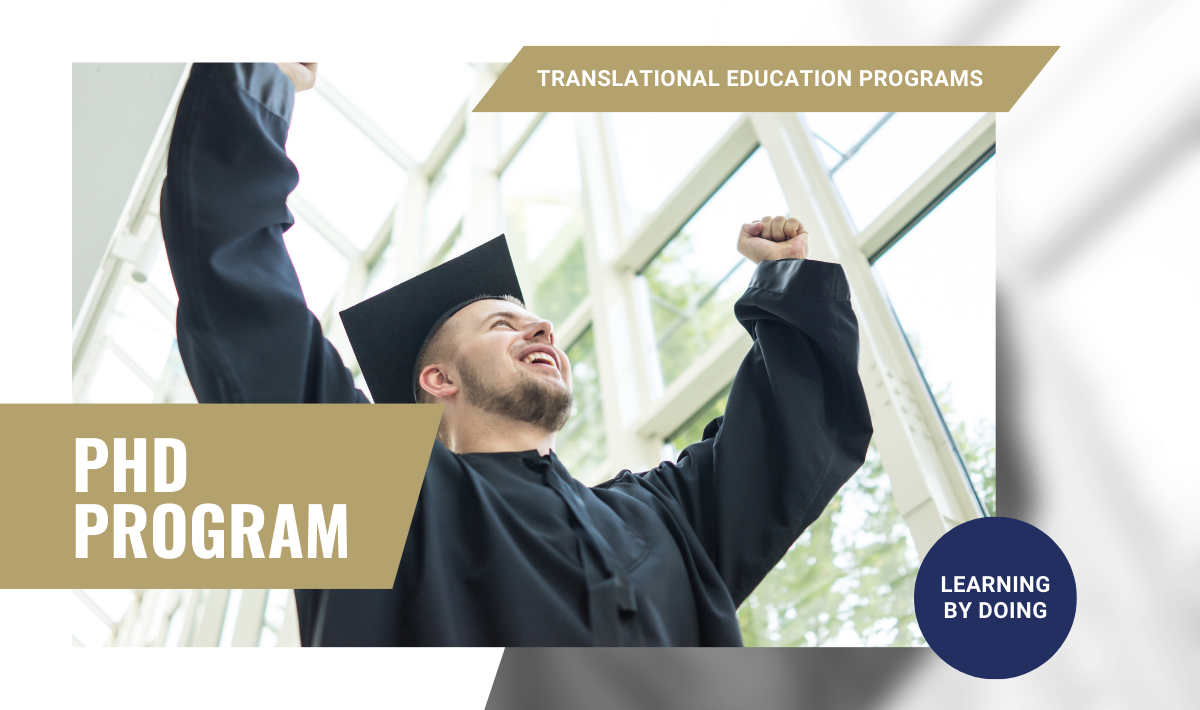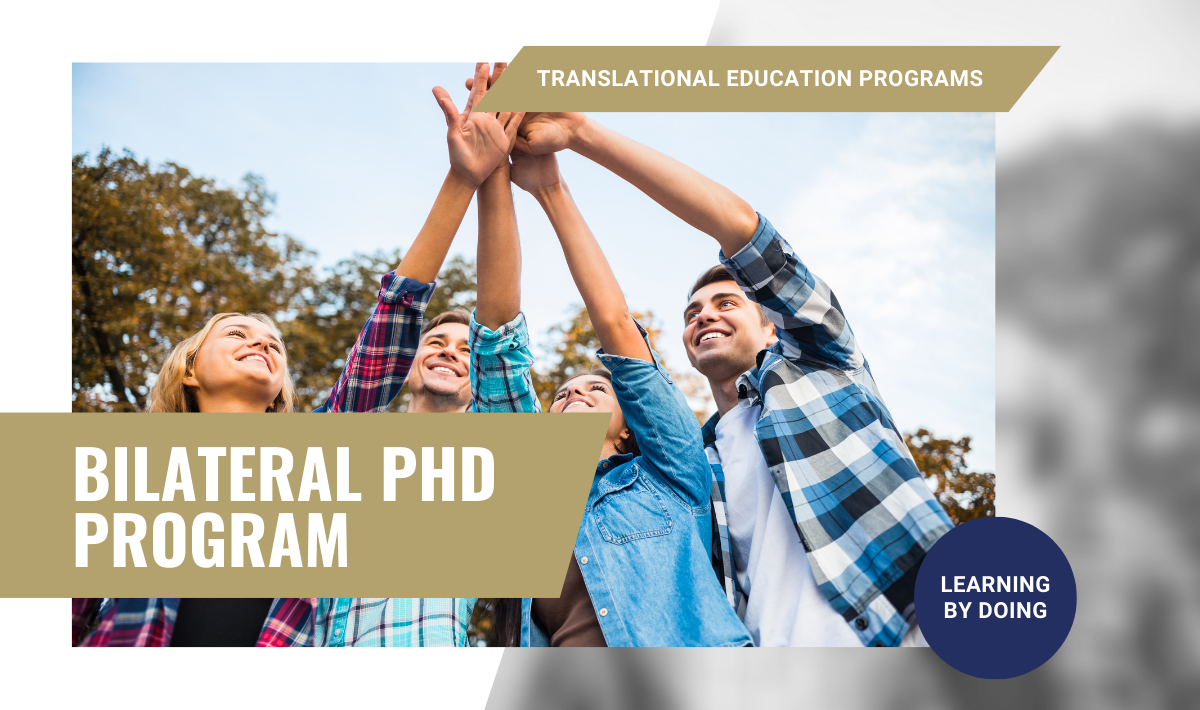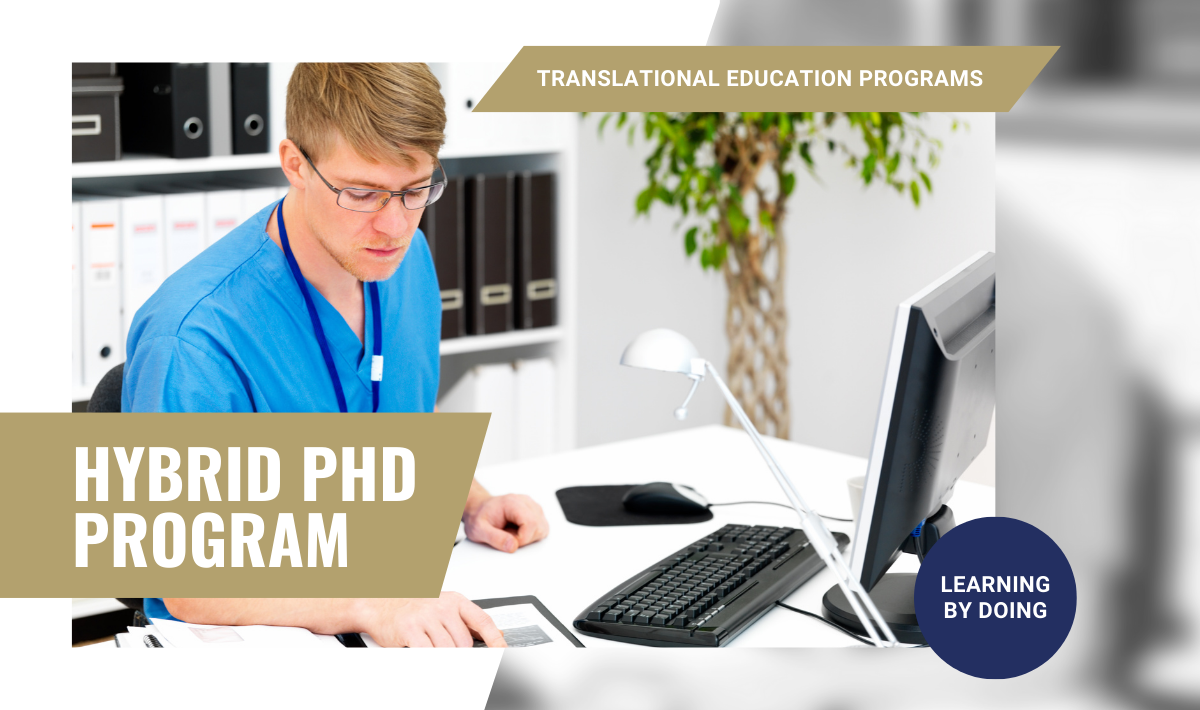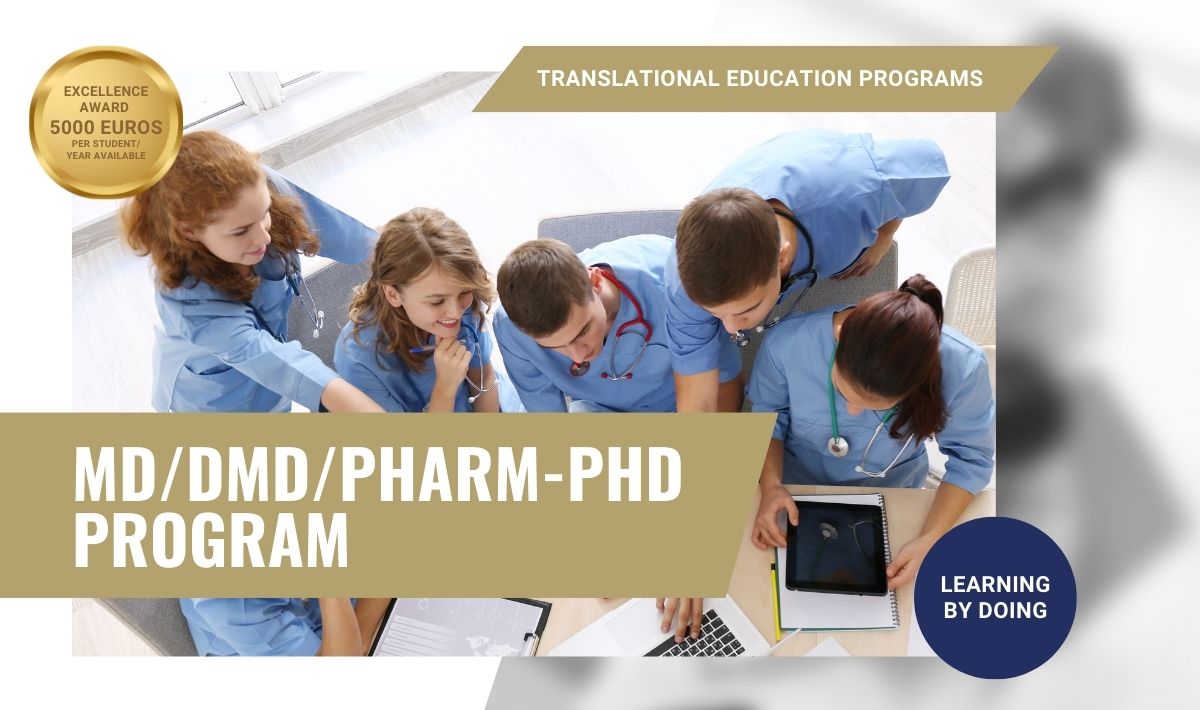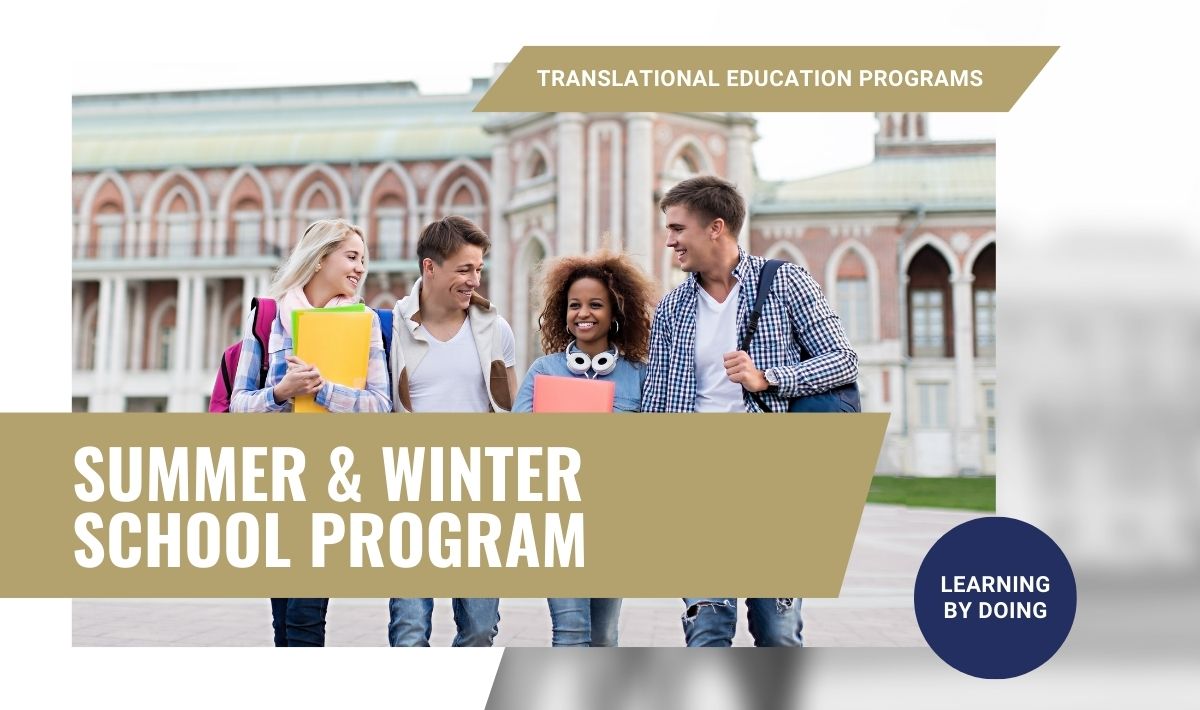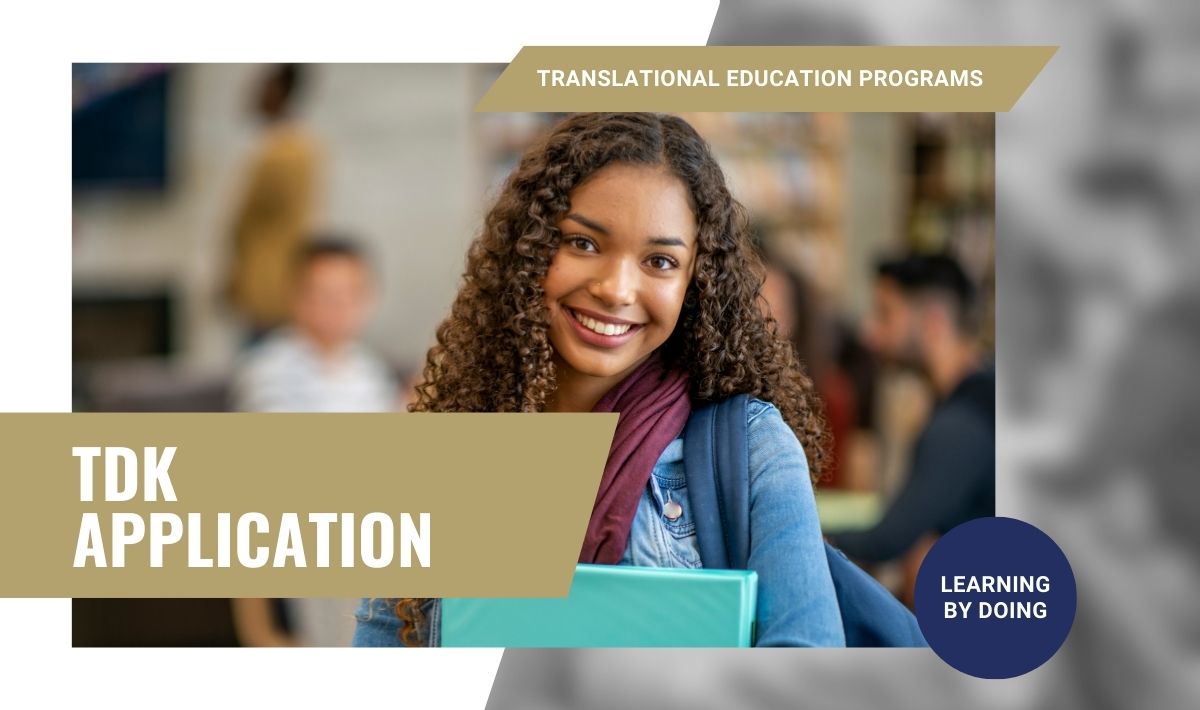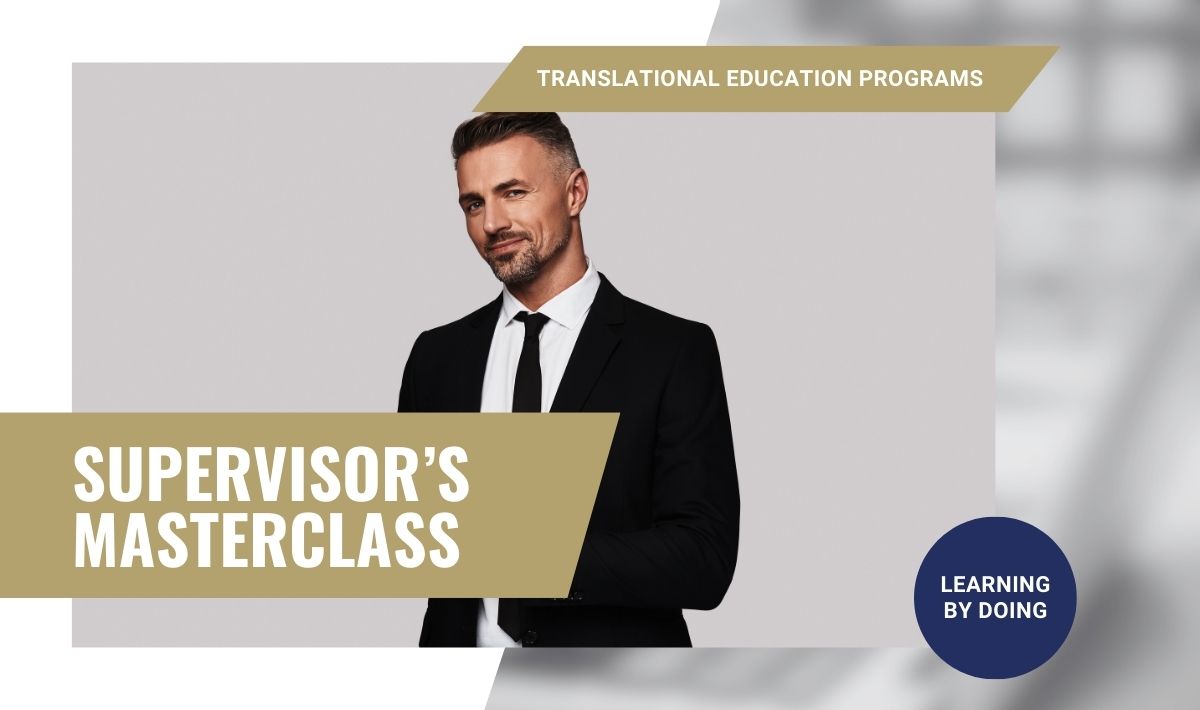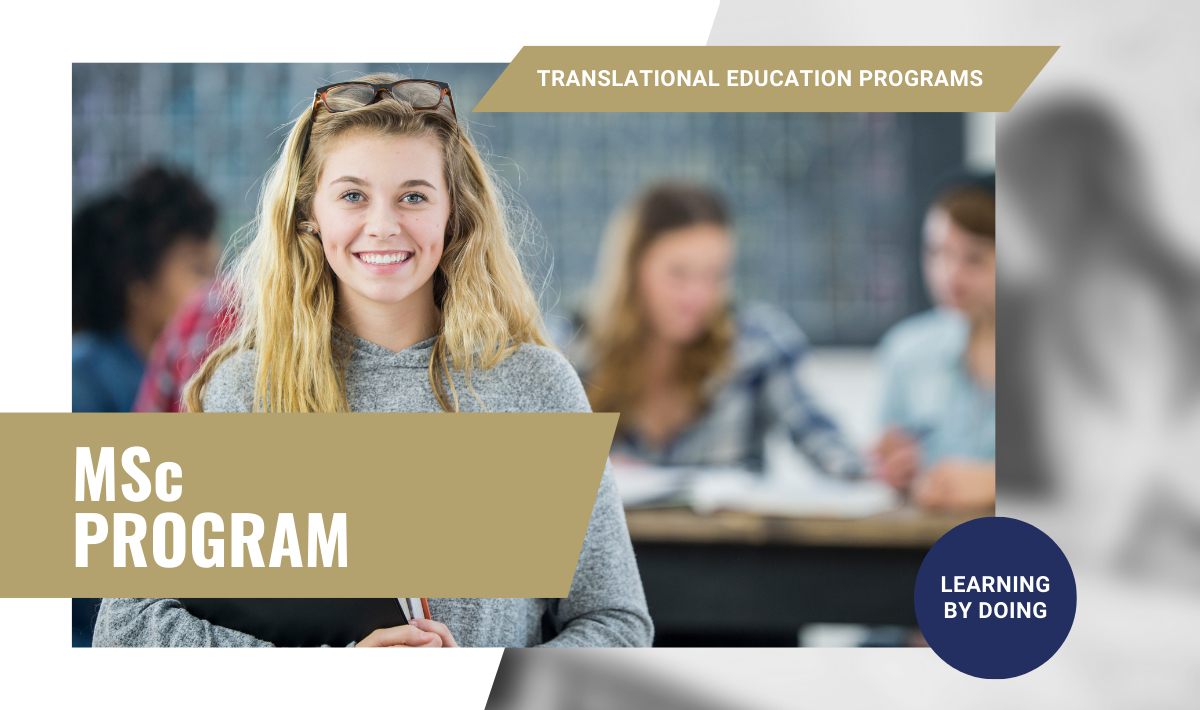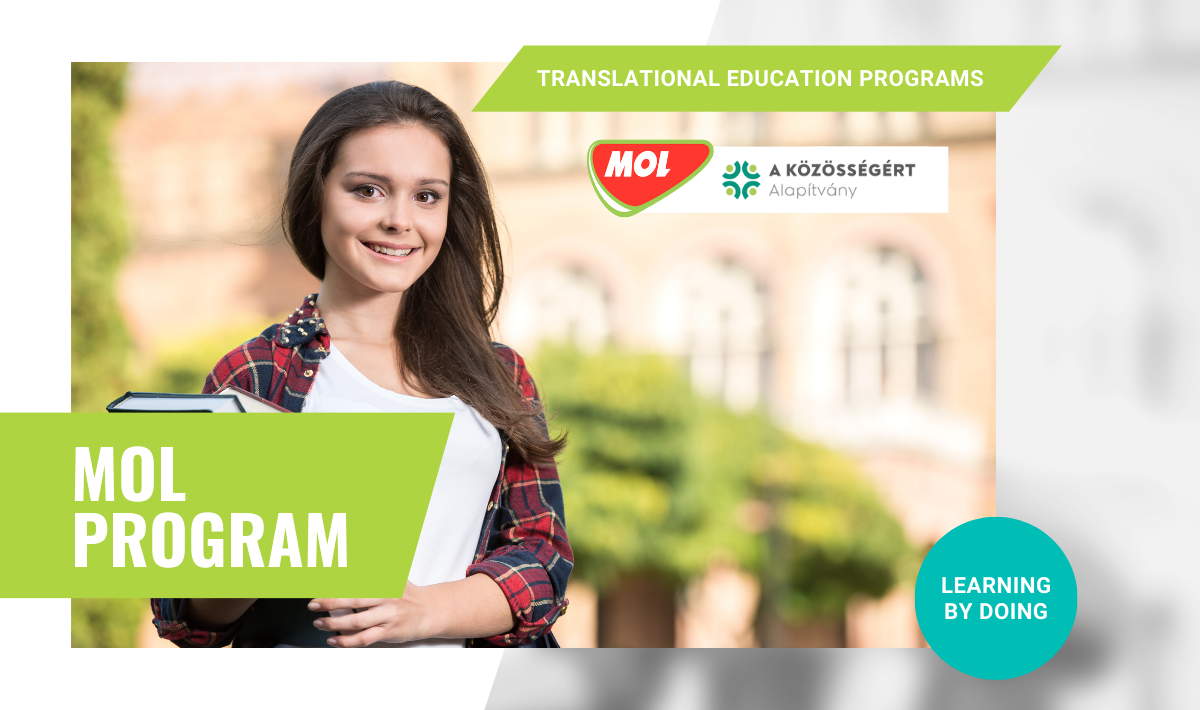General Curriculum
The Translational Medicine Training Programme is designed to bring students into a real research environment from day one. The goal is not only to transfer knowledge but to help students plan, run, analyse and present high-quality clinical and biomedical research with continuous expert support.
The structure is flexible — you can participate even from another city or country — but highly organised. Training is delivered through the following core teaching formats:
E-learning
E-learning modules provide the theoretical foundation in a flexible, on-demand format. Students watch recorded lectures delivered by internationally recognised experts and complete entry and exit tests for each module to track progress. All required modules must be completed before the related in-person activities, and at least 75% is required on the final test.
Workshops
Workshops are full-day, in-person practical sessions where small groups apply what they learned in e-learning to real scientific work (e.g. building patient registries, designing clinical trials, performing systematic reviews and meta-analyses). Attendance is mandatory in order to receive credit.
Group Meeting (GM)
Weekly group meetings are structured, interdisciplinary discussions with PhD students, undergraduate / TDK researchers, supervisors, group leaders and CTM staff. The purpose is to monitor individual progress, keep scientific quality high, and make sure each project keeps moving. Attendance is mandatory, meetings run at a fixed weekly time and usually last 2–2.5 hours.
Project Meeting (PM)
Project meetings focus on one specific research project. The student, supervisor, junior researcher/TDK student, and a statistician or methodology expert meet — typically weekly, often online — to refine the research question, define data collection, interpret results and prepare manuscripts.
Seminar Lecture
The Centre organises several high-level seminars annually, featuring internationally recognised researchers, in some cases Nobel laureates. These talks provide scientific inspiration, exposure to global standards, and real career models. Participation is compulsory for PhD students.
Progress Report (PR)
Progress Reports take place every 3–6 months and are compulsory. Each student delivers an 8–10 minute presentation followed by ~4 minutes of discussion. The aim is to follow project advancement, train presentation skills and allow different groups and year levels to learn from each other. PR VI corresponds to the Complex Exam at the end of Year II. PR VII functions as an internal (“house”) defence of the dissertation, and PR VIII is the public defence.
IT support: A Moodle-based environment manages student data, module completion, project progress, attendance, shared communication and scheduling. This ensures transparency and continuity throughout training.
Expert support: Each student is supported by a multidisciplinary team (group leader, clinical supervisor, methodology expert, statistician) that stays with them from study design through analysis to publication.
How this applies across training paths
Certificate courses
Short-format certificate courses are built around two pillars: e-learning (theoretical preparation, completed flexibly) and workshop (an intensive, in-person practical session to apply that knowledge). This model is ideal for those who want to gain a focused methodological skill quickly.
TDK / Graduate / Postgraduate programmes
Longer formats (undergraduate research / TDK, MSc / Graduate, PhD / Postgraduate) use the full six-element system: e-learning, workshop, group meeting, project meeting, seminar lecture, progress report. Together, these ensure that students are not just learning about research, but actively doing research, publishing, presenting at conferences and progressing toward degree completion.
